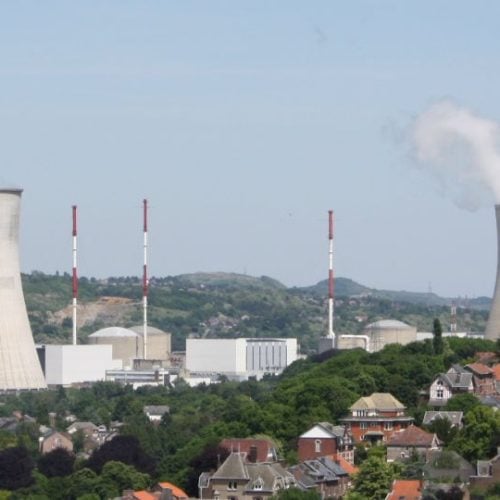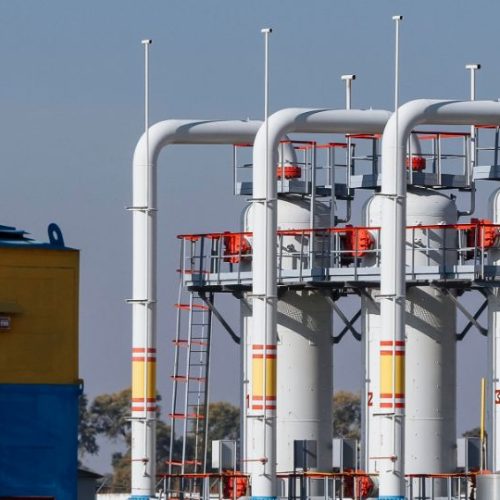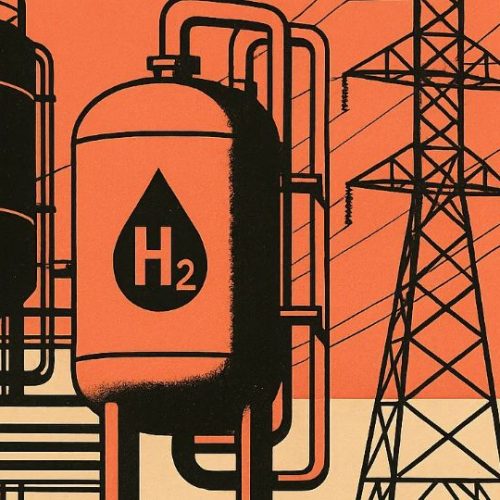The Government of Pakistan has announced the allocation of 2,000 megawatts (MW) of electricity to power the first phase of a national plan aimed at establishing artificial intelligence (AI) data centres and Bitcoin mining farms. This initiative, led by the Pakistan Crypto Council (PCC), forms part of a broader effort to monetise the country’s surplus electricity and stimulate foreign direct investment.
A new energy orientation to attract capital
The decision comes after the recent legalisation of cryptocurrencies in the country. The PCC, a body backed by the Ministry of Finance, was created to oversee the integration of blockchain technologies and digital assets into Pakistan’s economy. According to an official statement, the programme aims to “monetise unused energy, create high-value jobs, attract billions of dollars in foreign direct investment, and increase public revenues.”
Several international companies specialising in data centres and cryptocurrency mining have already expressed interest in the project. Some have conducted exploratory visits, with additional delegations expected in the coming weeks.
Redirecting excess capacity into digital assets
Data centres and mining facilities are energy-intensive by nature, and their deployment enables the redirection of currently underused electricity, particularly from plants operating below capacity. PCC Director General Bilal Bin Saqib, appointed senior adviser to the Finance Minister, stated that this approach could convert a longstanding financial liability into a source of revenue denominated in US dollars.
The digital infrastructure initiative is further supported by improved connectivity, notably with the landing of the Africa-2 undersea cable in Pakistan. The 45,000-kilometre network links 33 countries via 46 landing stations, significantly enhancing the bandwidth, latency and resilience of the national internet network.
A strategic position in a constrained global market
Pakistan aims to capitalise on the current pressure in the global data processing capacity market, where AI data centre demand exceeds 100 gigawatts (GW), while supply is estimated at only 15 GW. Compared to countries like India and Singapore — where energy costs and land scarcity hinder expansion — Pakistan offers a stable, available and low-cost energy environment.
The government also plans to implement fiscal incentives such as customs duty exemptions on imported equipment and tax breaks for AI infrastructure developers. Future phases of the programme may include facilities powered by renewable energy sources, including wind (with 50,000 MW of potential in the Gharo-Keti Bandar corridor), solar and hydropower.



























